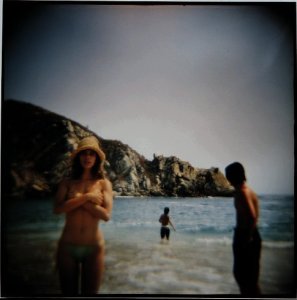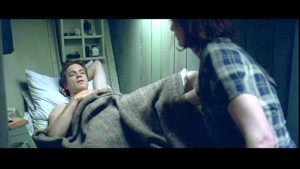2008; written and directed by Sion Sono; 237 mins
Did your last trip to the cinema not contain enough Catholicism, Terrorism, Mistaken Lesbianism, Ninja-based Up-skirt photography or patricidal castration? Don’t get me wrong, I loved Selma but I was left somewhat wanting on certain fronts… Continue reading


